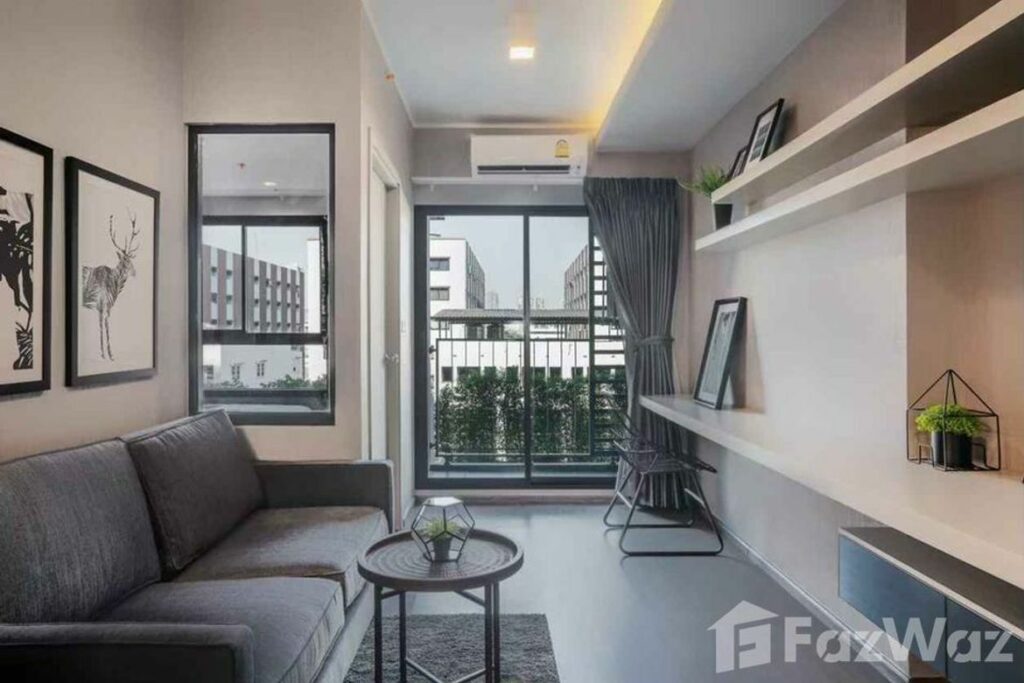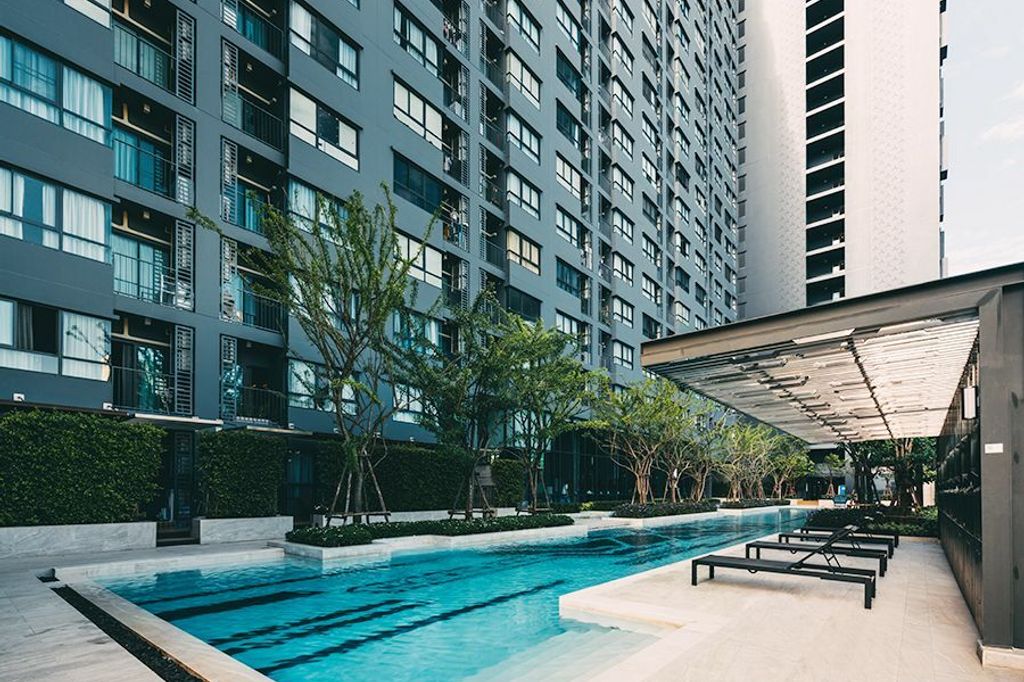In the Caribbean, where the journey for meaningful opportunities often feels constrained by geographical and economic limitations, digital nomad visas are offering a pathway to new opportunities that we have never had before. These visas are not merely travel documents; they are tickets to personal growth, professional development, and the broadening of horizons. For many in our region, the challenge isn’t just about finding work; it’s about gaining the kind of global perspective that reshapes how we solve problems and innovate at home. Embracing the digital nomad lifestyle allows us to live and work in diverse cultures, learn from different economic systems, and bring back valuable insights that could be transformative for both individuals and the Caribbean community at large.
Now, as the world embraces remote work, Caribbean professionals have an unprecedented opportunity to venture beyond their local environments. The digital nomad visa simplifies what was once a daunting barrier—gaining residency to secure employment abroad. These visas allow you to earn a living while experiencing life in countries that once seemed beyond reach, using skills you may already have or can develop as a freelancer or you have the ability for work for a company that allows you to work remotely. This shift is not just about economic survival but about thriving through expansive personal development and contributing back to our home countries with a renewed vision and enhanced capabilities. As we stand on the brink of this global workplace evolution, there has never been a better time for the Caribbean community to explore, learn, and grow through the digital nomad pathway.
What is a Digital Nomad?
Digital nomads are a new breed of professionals who redefine what it means to work. Forget the days of being chained to a desk – these location-independent individuals use technology to earn a living from anywhere in the world. Imagine a freelance writer crafting captivating content from a Parisian cafe or a web developer coding away under the Balinese sun. Digital nomads leverage a variety of in-demand skills, from graphic design and social media mastery to software development and virtual assistance. All they need is a reliable internet connection and a laptop (or even a smartphone!) to transform any inspiring location – a bustling coffee shop, a collaborative co-working space, or even a hammock strung between palm trees – into their office. The key to this lifestyle? Jobs that offer flexibility and freedom from a fixed location, often found in fields like writing, design, tech, consulting, and more. In essence, digital nomads are chasing a perfect blend: earning a living while prioritizing freedom, embracing new cultures, and collecting experiences that fuel both their personal and professional journeys.
Simply Put: A digital nomad is an individual who uses telecommunications technologies to earn a living and, more generally, conducts their life in a nomadic manner.
Countries With a Digital Nomad Visa Program
As the digital nomad lifestyle gains global traction, an increasing number of countries are offering specialized visas to accommodate this new wave of mobile professionals. Here are the countries around the world that are currently offering a digital nomad visa, opening doors to remote workers seeking both professional opportunities and personal adventures. I have linked to good articles that explain the process of obtaining the digital nomad visas in each country for you.
Americas
- Colombia: Digital Nomad Visa
- Mexico: Temporary Resident Visa
- Costa Rica: Rentista Visa
- Panama: Short Stay Visa for Remote Workers
- El Salvador: Digital Nomad Visa
Europe
- Estonia: Digital Nomad Visa
- Portugal: Temporary Stay Visa for Remote Workers
- Croatia: Digital Nomad Residence Permit
- Iceland: Long-term visa for remote workers
- Greece: Digital Nomad Visa
- Spain: Digital Nomad Visa
- Germany: Freelance Visa
- Malta: Nomad Residence Permit
- Italy: Digital Nomad Visa
- Latvia: Offers a visa for third-country nationals working remotely
- Romania: Digital Nomad Visa for non-EU citizens working remotely
Caribbean
- Antigua and Barbuda: Nomad Digital Residence
- Barbados: Welcome Stamp
- Bahamas: Extended Access Travel Stay (BEATS)
- Bermuda: Work from Bermuda Certificate
- Curaçao: Home in Curaçao program
- Dominica: Work in Nature (WIN) Extended Stay Visa
Asia
- Thailand: 5-Yr DTV Visa or 60 Day Tourist Visa Info
- Indonesia (Bali): Second Home Visa
- United Arab Emirates (Dubai): One-year Virtual Working Program
- Japan: New Digital Nomad Visa
- Malaysia: DE Rantau Nomad Pass
Africa
Oceania
Each of these visas has its own specific requirements, such as minimum income levels, insurance obligations, and application processes, which can vary widely from one country to another. For a more detailed examination of any specific country’s digital nomad visa, it’s best to consult their official government or embassy websites to get the most current and detailed information.
Need More Help on Visas, Locations and Jobs?
Check out one of the biggest Digital Nomad communities that aims to simplify life as a digital nomad, its called Citizen Remote.
They are simplifying the process of moving abroad, helping with Visas, jobs, accommodations and more.
Navigating Without a Digital Nomad Visa: Traditional Strategies for Remote Work Travel
Before the advent of digital nomad visas, many remote workers adopted a more nomadic strategy to maintain their lifestyle across various countries and these practices are still primarily used today. It is still used mainly because some of the Digital Nomad Visa’s are so new and may require more investment or qualifications than these traditional strategies we will talk about.
This approach often relied on the flexible use of tourist visas, which allowed them to live in a country for a limited period without engaging in local employment. This method, while common, involves careful planning and awareness of immigration rules to avoid legal pitfalls. Here’s a breakdown of the typical steps involved in this traditional strategy:
- Tourist Visa Entry: Digital nomads enter a country on a tourist visa, which typically allows them to stay for a period ranging from 30 to 90 days, depending on the country’s regulations.
- Visa Extension: If the country’s laws permit, the nomad applies for an extension of their tourist visa to prolong their stay. This process varies widely between countries and may require showing sufficient funds, return tickets, or other documentation.
- Visa Run: As the tourist visa or its extension nears expiration, digital nomads often leave the country temporarily only to re-enter shortly after, effectively “resetting the clock” on their tourist visa. This visa run involves traveling to a neighboring country and then re-entering the original country for a new stay period under a new tourist visa entry.
- Repeating the Process: This cycle can be repeated, but it’s essential to note that many countries have rules to prevent or limit this practice, such as requiring a minimum time out of the country before re-entry or setting a maximum number of days a visitor can stay in a given year.
This strategy requires a keen understanding of and strict adherence to immigration laws to avoid overstaying or violating visa conditions, which can result in fines, deportation, or bans from re-entry.
Pros and Cons Of Using The Tourist Visa Option
Using tourist visas for digital nomad living, while common, comes with its own set of advantages and challenges. Here’s a list of pros and cons to consider:
Pros:
- Flexibility: Allows for short-term stays in multiple countries, ideal for exploring different cultures and environments without long-term commitment.
- Simplicity: Often easier and quicker to obtain than work visas or long-term residency permits.
- Lower Requirements: Generally does not require proving professional status or income compared to digital nomad visas, which may have stricter criteria.
Cons:
- Legal Risks: Repeatedly leaving and re-entering a country to renew a tourist visa, known as ‘visa runs’, can lead to scrutiny by immigration authorities and potential denial of entry.
- Lack of Stability: Living on tourist visas offers no long-term security, making it difficult to make long-term plans or sign leases.
- Limited Work Rights: Tourist visas strictly prohibit local employment, limiting income opportunities to remote or freelance work only.
- Frequent Travel Costs: Visa runs involve travel expenses and can become financially unsustainable in the long run.
This strategy can serve as a temporary solution but may not be viable for those seeking a more stable and secure lifestyle abroad.
Why Asia Has Become The Global Hotspot For Digital Nomads
Asia has become a prime destination for digital nomads for several compelling reasons:
- Cost of Living: Many countries in Asia, such as Thailand, Vietnam, and Indonesia, offer a significantly lower cost of living compared to Western countries. This affordability extends to housing, food, transportation, and leisure activities, allowing digital nomads to maintain a comfortable lifestyle while managing expenses effectively.
- Vibrant Expat Communities: Cities like Bali, Chiang Mai, and Ho Chi Minh have thriving expat communities. These hubs are filled with like-minded individuals who are also remote workers, creating a supportive environment that is conducive to networking and collaboration.
- Cultural Richness: Asia is renowned for its diverse cultures, historic landmarks, and unique experiences. This variety offers an enriching backdrop for digital nomads looking to explore new places and cultures, enhancing their personal and professional growth.
- Technological Infrastructure: Major cities in Asia boast robust internet connectivity and modern amenities. Places like Singapore and Hong Kong are known for their world-class infrastructure, making them ideal for those whose work depends on reliable digital communication.
- Scenic Beauty and Variety: Whether it’s the beaches of the Philippines, the mountains of Nepal, or the urban landscapes of Tokyo, Asia offers a wide range of environments that cater to different preferences and lifestyles, making it a physically and visually stimulating place for nomads.
- Friendly Visa Policies: Some Asian countries offer specific visas or arrangements that are favorable to digital nomads, which can simplify the process of staying longer-term without the need for frequent visa runs.
- Climate: For those who prefer warm weather, many parts of Asia provide a tropical climate year-round, which is a significant draw for people from colder regions.
While Asia presents many advantages, digital nomads should also be mindful of potential challenges such as language barriers, cultural adjustments, and varying levels of political stability in some areas. These factors require careful consideration when choosing a destination within the continent.
The Top Skills In-Demand and Top Job Boards For Remote Workers
If you are thinking about becoming a digital nomad and want a skill set that would allow you to work from anywhere, then check out this list of in-demand global skills. You can learn them and start freelancing or work remotely for companies —> Top Global In-Demand Skills Report.
Now you don’t need to wait to learn any of the global skills to get a job, even taking a Customer Service job paying 30k USD is more than enough money to live a high quality of life in Asia, South and Central America.
Check out the list of top job boards hiring remote workers here —> Top Remote Worker Job Boards.
1 Month Living Expenses Breakdown in Top Nomad Destinations
Here’s a cost of living comparison between Thailand, Bali and Colombia
| Category | Thailand (USD) | Bali (USD) | Colombia (USD) | Difference |
|---|---|---|---|---|
| Groceries | $200 | $170 | $154 | Colombia cheapest |
| Housing (1-bedroom downtown) | $393 | $645 | $475 | Thailand |
| Utilities (monthly for 2) | $48 | $44 | $84 | Bali cheapest |
| Internet (monthly) | $16 | $27 | $18 | Thailand cheapest |
| Transport (monthly pass) | $22 | $8 | $37 | Bali cheapest |
| Dining Out (mid-range restaurant) | $15 | $10 | $8 | Colombia cheapest |
| Fitness Club (monthly) | $47 | $67 | $34 | Colombia cheapest |
| Cinema (1 ticket) | $5 | $3 | $2 | Colombia cheapest |
| Childcare (monthly for 1 child) | $329 | $251 | $260 | Bali cheapest |
Total Average Cost without Rent:
- Thailand: $1,076usd
- Bali: $1,325usd
- Colombia: $972usd
Total Average Cost with Rent (1-bedroom downtown):
- Thailand: $1,469usd
- Bali: $1,970usd
- Colombia: $1,447usd
Colombia generally offers the lowest cost of living among the three, particularly in dining out, fitness, cinema, and overall grocery expenses. Bali, while being the most expensive overall, provides the cheapest options for transportation and utilities. Thailand stands out for the least expensive internet services. These differences highlight the importance of considering specific lifestyle needs and priorities when choosing a location for relocation.
Also, when it comes to living, the prices WIDELY vary on which city you choose to live in and what types of accommodations you are looking for. The above table was based on averages but again, you need to do your homework, and deep dive into the various cities in each respective country, to determine the costs.
1 Bedroom Condo In Bangkok, Thailand










Ideo Sukhumvit 93 Condo in Bangkok, Thailand
In Bangkok, Thailand, the affordability and quality of condominiums like the one at Ideo Sukhumvit 93 exemplify why the city is a magnet for digital nomads and expatriates seeking a high standard of living without a hefty price tag. For just 16,000 Thai Baht (approximately $436 USD/ $2900 TTD) per month, residents can enjoy a fully furnished one-bedroom condo with comprehensive amenities such as a swimming pool, gym, sauna, and children’s area.
The close proximity to the BTS Bang Chak station underscores the convenience and appeal, providing easy access to the rest of the city. Such cost-effective living arrangements are integral to why Thailand is increasingly popular among those looking for quality living on a budget.
You can check out the full ad for this condo and other rental properties in Thailand here –> Thailand Property or check out platforms like HipFlat.
Exploring the world beyond the Caribbean not only broadens horizons but also fosters substantial personal and community growth. By venturing abroad, Caribbean nationals gain invaluable perspectives on different cultural, economic, and operational frameworks. This global exposure equips them with diverse skills, enhances their adaptability, and expands their professional networks. Upon returning, they bring a wealth of knowledge and experience that can inspire innovation and drive progress at home. Engaging with the wider world, therefore, is crucial for developing more rounded individuals who can contribute significantly to the Caribbean’s development as engaged, informed global citizens.
One of the best things I did for myself was move from my hometown of Toronto, Canada and move to Trinidad and Tobago. Whilst I may have been born in Trinidad, we left when I was a few months old and I spent my life in Toronto. Now that I have officially hit my 10-year mark in Trinidad, I am also looking for some new perspectives and adventures. The more I learn about the Digital Nomad lifestyle, Visas, etc…I will be sharing them across my platforms so that you can follow along and learn how to do this for yourself.
